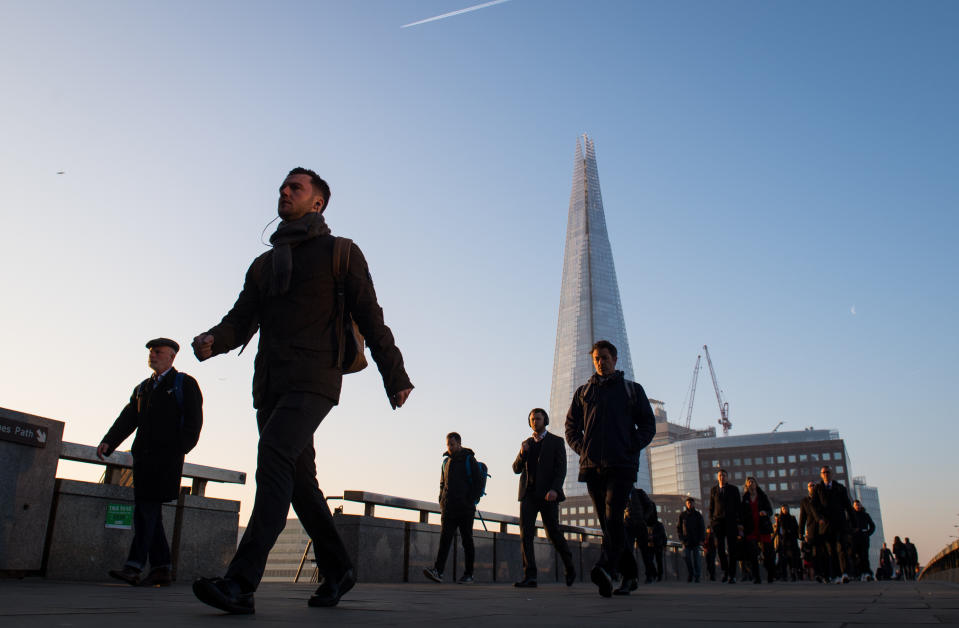UK inflation rate holds steady at 2% in June, raising spending fears

The rate of price inflation in the UK held steady in June at 2%, the Office for National Statistics (ONS) said on Wednesday.
Though the figure means that price growth in the UK is still at the Bank of England’s target, it will likely raise concerns that low unemployment and high wage growth in the UK have not yet translated into higher consumer spending.
“The overall rate of inflation remains steady, with no change in pace this month. Petrol and diesel prices fell this year but rose a year ago, while clothes prices dropped by less than this time last year,” said Mike Hardie, head of inflation at the ONS.
READ MORE: UK property prices almost flat as Brexit fears hit growth
“Inflation continues to be the dog that hasn’t barked,” said Anthony Morrow, of financial advice service OpenMoney.
“At 2%, it remains very muted, despite the unprecedented fall in the value of sterling since the vote to leave the EU, which in normal times should have led to higher import prices.”
According to consultancy firm EY, the UK is expected to see the slowest growth in consumer spending in six years in 2019, something that would keep prices down.
Though the Bank of England would typically place a lot of weight on inflation figures, the bank’s governor, Mark Carney, has indicated that Brexit-related uncertainty means that economic data is now only a secondary consideration.
“Governor Carney and his fellow rate-setters are unlikely to place too great a weight on this,” said David Cheetham, chief market analyst at XTB.
The Bank of England has increasingly signalled that it may cut interest rates, with a member of the bank’s rate-setting committee saying last week that he would vote to reduce the bank’s benchmark 0.75% rate to near-zero levels in the event of a no-deal Brexit.
Central banks normally raise interest rates when inflation is on target and when unemployment is low.
Data released on Tuesday showed that the UK unemployment rate remained at its lowest level since 1974, at 3.8%.
Wages grew much quicker than expected, at the fastest pace since July 2008. But there were some signs of tightening in the labour market, with a slowdown in the number of jobs added and a decrease in the number of vacancies.
Even though high wage growth would be expected to see an increase in consumer prices, inflation has consistently outpaced wage growth, meaning that average pay in real terms is still below what it was in 2008.
“We remain of the view that the bank will keep interest rates on hold over the next few months until greater clarity emerges on the future direction of Brexit,” said PwC senior economist Mike Jakeman in a note.
